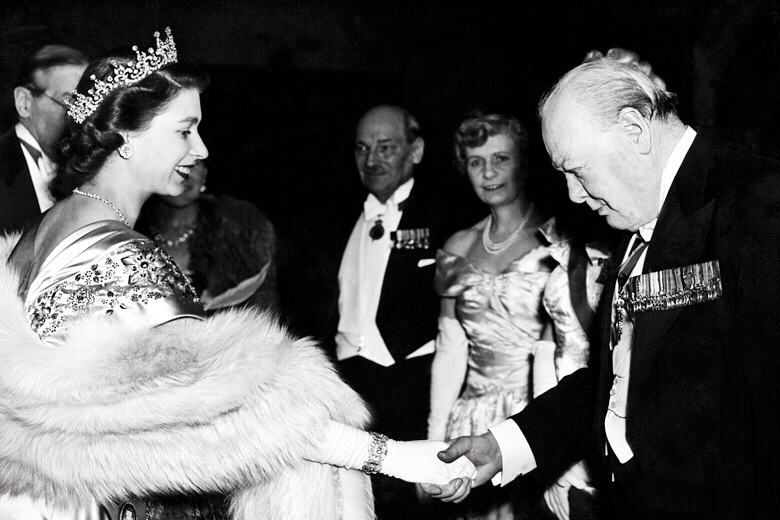
I read a poem at Blighty Cafe: the brunch empire which celebrates Britain’s imperial history
Halimo Hussain
15 Feb 2018
On Saturday, I performed a poem (viewable here), along with others, at the Blighty Café in Finsbury Park. Sips of latte and bites of brunch were interrupted, as the customers sat quietly listening.
Our performance was based on extracts from Heathcote Williams’ Great Britain’s Greatest Beast, a poem containing quotes from Winston Churchill himself.
“I do not admit,” Churchill said
“That any great wrong has been done
To the Red Indians
Of America,
Or the black people of Australia
By the fact that a
Stronger race,
A higher grade race has come in
And taken its place”
Schooling teaches us about the Second World War and the role played by Churchill, the UK’s great wartime leader. There is currently a resurgence in celebrating war-era British history with films such as The King’s Speech and Darkest Hour as well as the recent Netflix series The Crown. These tend to romanticise the pre- and post-war era in Britain, including Churchill. The Blighty Café, with its sculpture of Churchill and nostalgic menu, is a part of this trend.
“It’s probably never been more important to question the idolisation of political figures”
But, as is often the case with major historical figures, the reality is inconveniently complex and inconveniently challenging. Aside from the racist views quoted in the poem, Churchill also expressed Islamophobic, anti-semitic and anti-Irish views. He had striking miners shot in Wales. The Bengal Famine of 1943, in an India run by Britain, caused millions of deaths. There are complex roots to the famine, but Churchill has been implicated in its exacerbation.
Recent times have seen a rise in xenophobic nationalism in this country. The instability of Brexit and Donald Trump’s presidency fuel such extremism. Hence our motivation to read and share the poem: it’s probably never been more important to question the idolisation of political figures. We yearn for a meaningful, balanced, history; not one resorting to blinkers and earplugs – or gags.
It has been shocking to us that the Daily Mail and The Sun have chosen to report our poetry reading as an “angry mob” “storming” the cafe. Individuals in our group have been vilified on social media. The aspect of the action that seems to have been most provoking is the simple tagline “Churchill was a racist”.
“Is it really right to try to bully into silence those who chose to question an overly glamorised version of British history?”
Blighty Café’s use of a nostalgic colonial style, along with reverence of Churchill, seems flippant especially as the café is in an area with a multicultural migrant community. A Muslim man was recently killed by a white nationalist in an attack on the local mosque. The exaggerated reaction to our reading, in which this café’s theme was peacefully questioned, hints to a worrying trend. Is it really right to react so aggressively against free speech? To try to bully into silence those who chose to question an overly glamorised version of British history?
We appreciate the owner striking a conciliatory tone in a recent Guardian comment piece. But our question remains: Why Churchill? We would like to join voices with those – including businessman and film-maker Mitu Misra in a recent interview – questioning whether adulation is the only allowable representation of Churchill. He led us through one of the most bitter struggles for, amongst other things, free speech. Within these shores, at least, we like to think he would have preferred open debate, rather than the use of bullying and abusive language. Or, perhaps, like the striking miners, would he have rather seen us shot at? Or driven at in vans?








